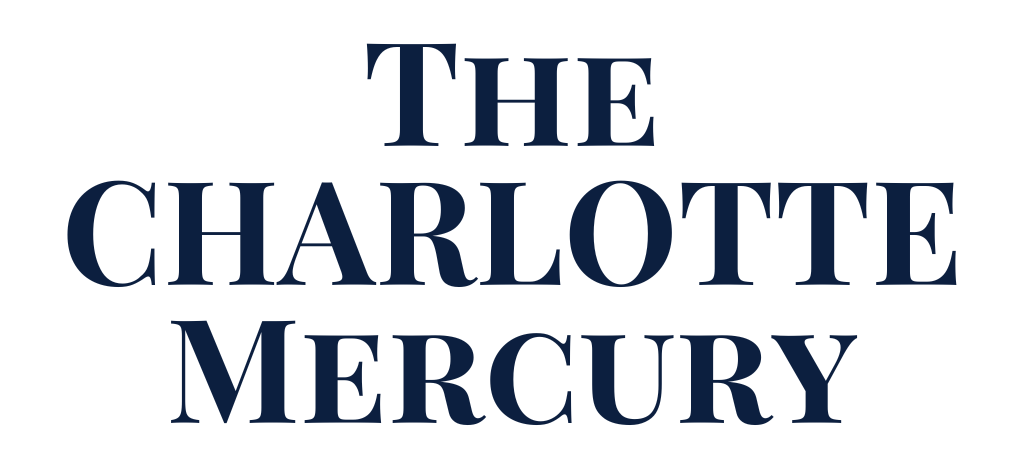Charlotte Mayoral Challengers Bet on Lived Experience in 2025 Race
Biography as Political Currency
In Charlotte’s 2025 mayoral race, the most valuable campaign asset isn’t a big war chest or a stack of endorsements—it’s biography. Three Democratic challengers—Jaraun “Gemini” Boyd, Brendan K. Maginnis, and Delter Kenny Guin III—are betting that decades of lived experience, from the Marines to the West Boulevard corridor, can loosen Vi Lyles’ grip on an office she’s held for eight years without losing a citywide contest.
Taken together, they bring more personal backstory than any Charlotte mayoral field in recent memory. Whether voters will see those histories as qualification or ornament will be decided in September.
Boyd: From Prison to the Polls
Boyd’s path is the kind of redemption arc campaign consultants can’t invent. Raised in West Charlotte’s West Boulevard corridor, he entered the juvenile justice system at 16 after an assault conviction, and at 22 began serving more than two decades of a 50-year federal sentence for drug and gun charges.
He emerged in 2016 with a promise to avoid the life he’d left behind. A commercial driver’s license led to work in Charlotte’s sanitation department, and then to founding Project B.O.L.T., a nonprofit that delivers food, connects job-seekers to training, and renovates a Youth Empowerment Center for after-school programs and mentorship.
Boyd’s platform, branded “Real. Relatable. Ready to Lead.,” emphasizes affordable housing expansion, land trusts, youth investment, and economic mobility programs, particularly for those facing re-entry after incarceration. He opposes the proposed one-cent transit sales-tax increase, citing the need to pay essential workers a living wage before adding new tax burdens.
Maginnis: The Marine with a Spreadsheet
Maginnis comes to the race with Marine Corps service (1993–1997), a decade in financial advising at Ameriprise Financial, and a stint as vice-president of the family’s investment company, Maginnis Bros. Holding Co. In 2017, he sold his financial practice, traded the boardroom for a kitchen table, and became a stay-at-home father and volunteer community organizer in Ballantyne.
Running as a progressive reformer, Maginnis proposes an independent Charlotte Accountability Commission, participatory budgeting, and a transparency scorecard rating city agencies and elected officials. His housing target—25,900 affordable units by 2035—relies on recurring bonds, private investment, tax-increment financing, and corporate pledges.
On transit, he rejects the $25 billion regional plan and its associated sales-tax hike, favoring instead a Blue Line extension to Carowinds and free fares on major bus routes. His pitch: measurable goals, drawn from other cities’ successes, and a promise to “open the books” on city spending.
Guin: Rent Caps and Clean Streets
Guin brands himself as a Charlotte-born “for the people” candidate. Born in 1986, he’s worked in banking, claimed legal training, written e-books, and engaged in community clean-up projects through Keep Charlotte Beautiful. His political résumé includes an unlaunched 2020 congressional bid in New York’s 17th District.
Guin’s platform includes rent control, converting vacant buildings into shelters, community policing with “zero tolerance” for violent offenders, monthly street-cleaning benchmarks, HOA reform, expanded healthcare access, and penalties for contractors who miss infrastructure deadlines. Without visible fundraising or prior officeholding, he leans on a populist message: government should handle basics—like housing, safety, and cleanliness—before chasing bigger ambitions.
Vi Lyles: The Unmoved Object
Against these challengers stands a four-term incumbent with a deep donor network, high name recognition, and a record of delivering large-scale infrastructure and housing initiatives. Since 2009, no Republican has held the mayor’s office, and since 2017, no Democrat named Lyles has lost it.
Her résumé dwarfs those of her opponents in municipal governance experience, and in a weak-mayor system where council and city manager hold much of the authority, relationships matter. For Boyd, Maginnis, and Guin, the task is convincing voters that fresh perspective outweighs entrenched know-how.
The Promise and the Pitfalls
The appeal of biography-driven campaigns is obvious: voters remember stories more than spreadsheets. Boyd offers proof of redemption, Maginnis presents disciplined service and financial expertise, and Guin speaks as a lifelong resident with a to-do list shaped by everyday frustrations.
But Charlotte politics has a habit of rewarding incumbency, especially when challengers split the opposition. Without significant fundraising, organizational muscle, or consolidation among the anti-Lyles bloc, lived experience may remain just that—lived, not elected.
— Jack Beckett
Still deciding whether my second cup of coffee makes me better at writing or just better at pretending I understand Charlotte’s transit budget.
Charlotte’s political season isn’t just about stump speeches—it’s about the context you can’t find in the sound bites. That’s why The Charlotte Mercury exists. Our News desk covers the decisions shaping your neighborhoods, our Business reporting follows the local economy’s real pulse, and our Housing coverage tackles affordability from the street level up. Politics? We break it down without breaking your trust at Politics. And yes, we’re giving you wall-to-wall 2025 election coverage with a healthy dose of satire in Poll Dance 2025; Join the Dance. The fine print lives where it should: Privacy Policy, About Us, Terms of Service, Media, and Contact Us. You can always message us on X.com, or Twitter, or as we call it Twix, at x.com/queencityexp.
Creative Commons License
© 2025 Strolling Ballantyne / The Charlotte Mercury
This article, “Charlotte Mayoral Challengers Bet on Lived Experience in 2025 Race,” by Jack Beckett is licensed under CC BY-ND 4.0.
“Charlotte Mayoral Challengers Bet on Lived Experience in 2025 Race”
by Jack Beckett, The Charlotte Mercury (CC BY-ND 4.0)
